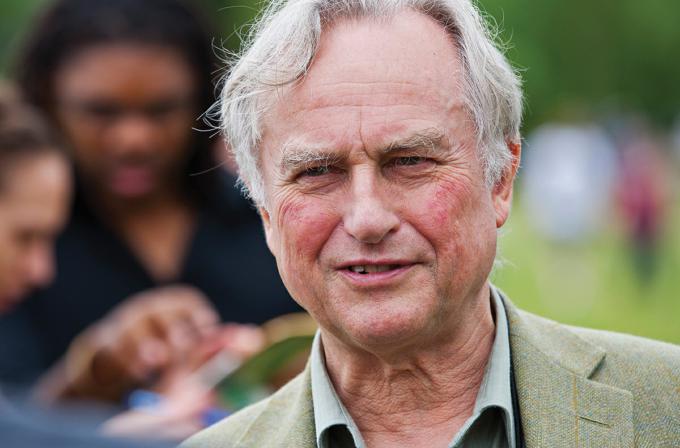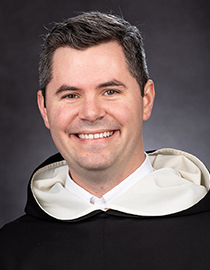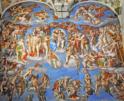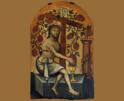
Faith
Dawkins' comments underscore a significant but often overlooked conversation in the West. While Dawkins does not embrace Christianity's spiritual tenets, his appreciation for its cultural and moral contributions to society raises an intriguing paradox...

Briscoe
In a striking turn of events, renowned atheist and evolutionary biologist Richard Dawkins recently declared himself a "cultural Christian" during an interview with Rachel S. Johnson of LBC. Dawkins' declaration was sparked by his reaction to the Mayor of London's decision to celebrate Ramadan with 30,000 lights on Oxford Street rather than Easter.
Well known for his critical stance on religion, Dawkins expressed dismay at promoting Ramadan over Easter. Surprisingly, he defended the cultural trappings of Christianity in England, which he perceives as a fundamentally Christian nation.
Dawkins' comments underscore a significant but often overlooked conversation in the West. While Dawkins does not embrace Christianity's spiritual tenets, his appreciation for its cultural and moral contributions to society raises an intriguing paradox: Can the values and achievements attributed to Christianity in the West be preserved without genuine belief?
This question is particularly relevant for Catholics and the broader Christian community. It compels us to reflect on the depth of our commitment to our faith and its role in shaping our civilization. Cultural Christianity, such as Dawkins identifies with, appreciates the aesthetic and moral fruits of the faith without embracing its heart -- the belief that Jesus Christ is Lord and that a personal relationship with him matters. However, preserving Western values and achievements that Christianity has influenced -- such as human dignity, moral responsibility, and the pursuit of the common good -- requires more than a superficial attachment to its traditions and moral outlook.
Christianity is a radical thing. The Gospel demands transformation, calling for personal conversion and a lived relationship with God. This transformation extends beyond individual lives, influencing societies through acts of charity, the pursuit of justice and the cultivation of peace. Historical evidence abounds of the pivotal role Christianity has played in the development of Western institutions, including the concept of human rights, the foundation of hospitals and universities, and significant contributions to art, science and philosophy. These contributions were not merely the result of a cultural identity but flowed directly from belief in the Christian understanding of the world and our place in it.
Dawkins' reflections on the importance of Christianity, even as a cultural marker, illustrate the void that would be left should genuine belief continue to wane. The cultural and ethical framework Christianity provides cannot be sustained in perpetuity without the nourishment of sincere faith. A culture detached from its spiritual roots gradually loses its vitality, becoming unable to defend the very values it cherishes against the erosive forces of nihilism and moral relativism.
The challenge for Christians, then, is not merely to uphold a cultural identity but to live authentically according to the teachings of Christ. This requires a fundamental commitment to evangelization. We must continually enrich our understanding of the faith and reach out to others to invite conversions.
Cultural Christianity is insufficient for the preservation of the West's greatest values and achievements. Pope Benedict XVI once said, "The conviction that there is a Creator God is what gave rise to the idea of human rights, the idea of the equality of all people before the law, the recognition of the inviolability of human dignity in every single person and the awareness of people's responsibility for their actions." Believing in God, or not, has consequences.
As Dawkins inadvertently highlights, the beauty, ethics and institutions shaped by Christianity are not merely historical artifacts to be admired but are manifestations of faith that will only continue to offer meaning and direction if people believe it to be true.
- Father Patrick Briscoe, OP, is a Dominican Friar of the Province of St. Joseph. He is the editor of Our Sunday Visitor.
Comments
Comments Policy
Recent articles in the Faith & Family section
-
The kingdom of ChristJaymie Stuart Wolfe
-
Pilgrims of hope -- Holy Year of 2025Father Robert M. O’Grady
-
Honor Mothers at Home and In the MissionsMaureen Crowley Heil
-
On the vineScott Hahn
-
What is the church's position on the treatment of animals?Jenna Marie Cooper


















